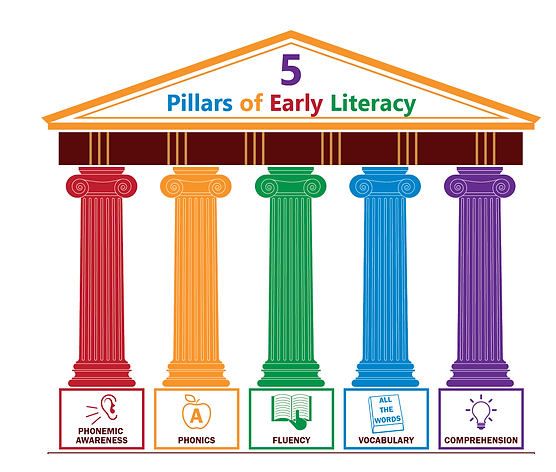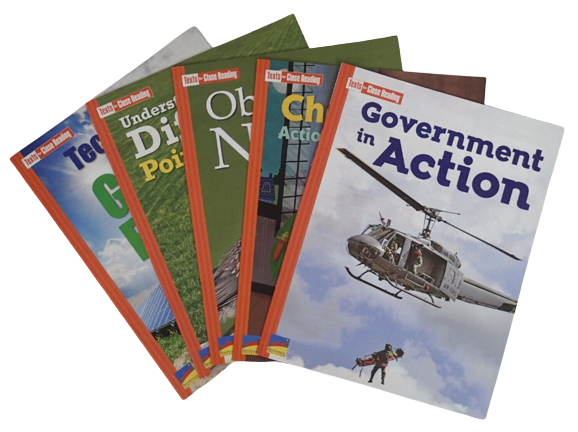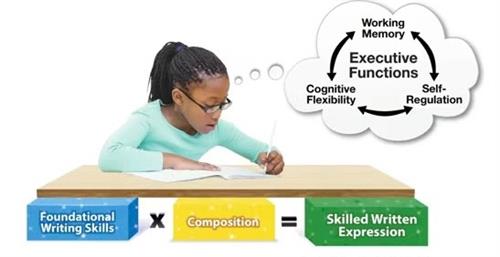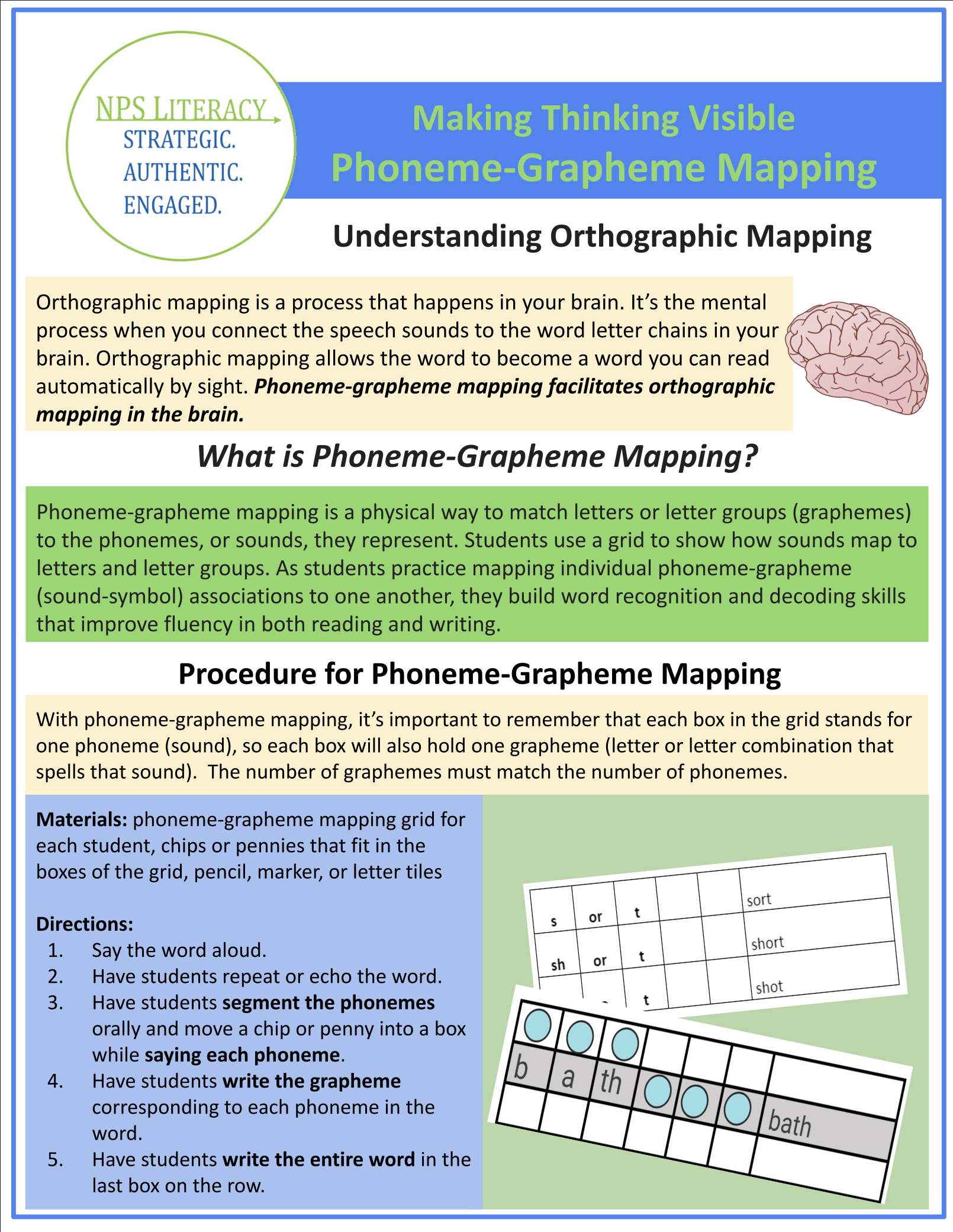- Norfolk Public Schools
- Grades 3-5
- Instruction
Literacy Plan
Page Navigation
- Home
- Literacy Plan Action Steps
- Preschool
- Grades K-2
- Grades 3-5
- Grades 6 - 8
- Grades 9 - 12
- Literacy Across Content Areas
- Learning Support - Special Education Services
- English Learners
- Resources for Families
- Norfolk: A Community of Readers and Writers
- READ 14.2 Initiative
- Professional Development
- Virginia Literacy Act: Overview & Updates
- Virginia Literacy Act: Required Division Documents
- Glossary of Literacy Terms
3-5 Instruction
-
Norfolk Public Schools' 3-5 literacy program is an evidence-based method of teaching students to read that includes content-rich literacy instruction, phonemic awareness, phonics, fluency, vocabulary, and comprehension and enables students to develop the reading skills required to meet Virginia's academic Standards of Learning.

NPS 3-5 Instructional Non-negotiables
NPS Literacy Instructional Non-negotiables
Teachers will provide learning experiences where students will read, write, communicate, and think critically in every classroom, in every school, everyday - no exceptions.

Student Time in Text
Exposing students to challenging texts that are appropriate for their grade level is crucial for their academic development. Providing students with opportunities to grapple with complex texts helps them build critical reading skills, expand their vocabulary, and improve comprehension.
Making Thinking Visible:
Text Annotation
Text Annotation is an active and effective reading strategy that promotes deeper comprehension and engagement with the material. Annotating involves highlighting key points, jotting down questions, making connections, and summarizing important ideas, which helps students interact with the text, retain information better, and develop critical thinking skills.
Students write every day for a variety of purposes and audiences.

Daily Writing
Students write every day for a variety of purposes and audiences.
Writing is an essential component of a evidenced-based literacy curriculum. Instruction is designed to enable students to communicate ideas for a variety of purposes and audiences including writing in response to reading to make the reading-writing connection. In primary classrooms, evidence based practices include the following (Graham et al., 2012):-
Provide daily time for students to write.
-
Teach students to use the writing process for a variety of purposes.
-
Teach students to become fluent with handwriting, spelling, sentence construction, typing and word processing.
-
Create an engaged community of writers.
-
Provide opportunities for students to share writing.
Teachers will provide data-driven, differentiated instruction.
Small Group Instruction
Teachers provide small group, skill-based instruction every day.
Small group reading instruction in grades 3-5 is designed to provide differentiated instruction based on students' individual needs and progress. Using diagnostic and formative assessments, small groups are formed to target specific skills in the areas of phonics, vocabulary, fluency and comprehension and ensure that students receive evidence-based, targeted support to become skilled and proficient readers.

Conferencing and Feedback
Conferences are an opportunity for the teacher to have one-on-one or small group interaction with students. Teachers should conduct writing conferences with students frequently and at multiple points of the writing process. Teachers should keep records of student conferences and track student feedback and goals. (Fletcher & Portalupi, 2001)
Teachers provide students with immediate and corrective feedback during literacy instruction to facilitate effective learning. Prompt feedback allows students to correct their mistakes and build upon their successes in real-time, leading to faster progress and increased motivation. By addressing misconceptions and offering specific guidance, teachers support students in developing a deeper understanding of literacy concepts, stay actively engaged in their learning and fostering their confidence and growth as competent readers and writers.
NPS Components of the 3-5 Literacy Block
-


